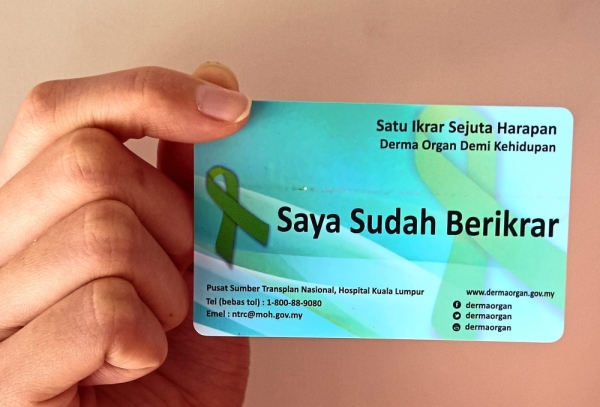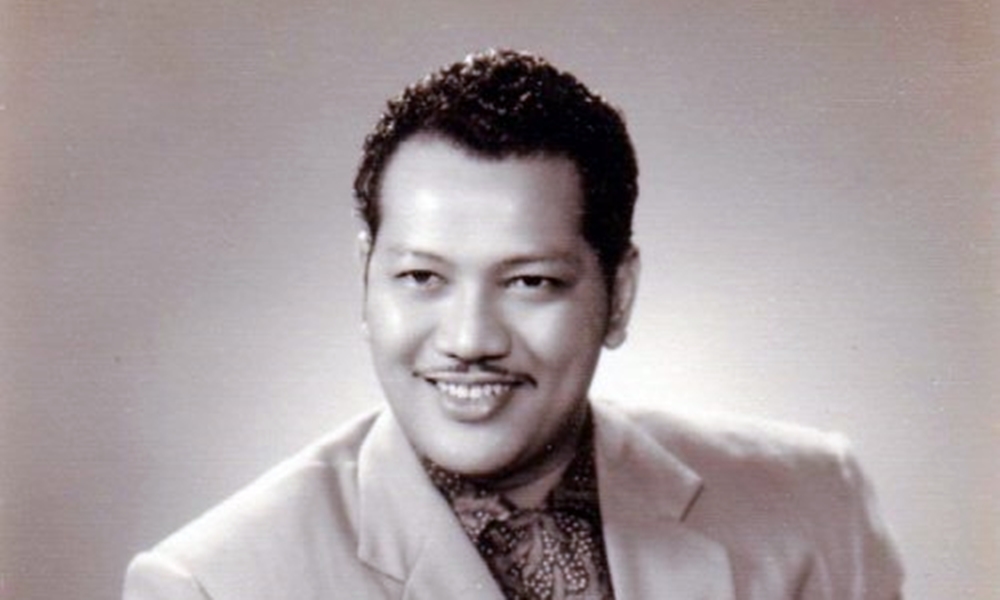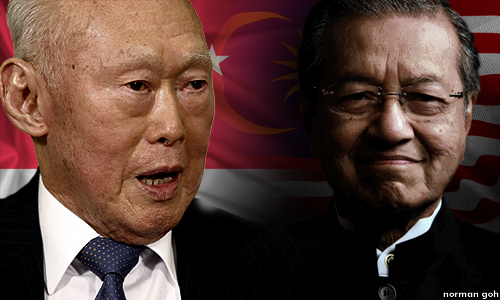
Published by Malay Mail & The Star, image from The Star.
Nowadays, the word hero is synonymous with characters from the Marvel or DC cinematic universe. However, not all heroes don tight spandex and knock out extraterrestrial beings by the hour. If you look around hard enough, you might find one next door.
One such hero is Carlton, a devoted father and educator from Texas, US. Several days shy of his 93rd birthday, he unfortunately suffered from a brain haemorrhage and passed away. His family decided to donate his liver, giving another chance at life for a 69-year old woman suffering from end stage liver disease.
Organ donation knows no age limit, nor does it discriminate between gender, race and religion. That’s how it should be. Most of us are not aware of the full list of organs that can be donated, which includes hearts, kidneys, lungs and livers. We can also donate tissues such as cornea, skin, bones and heart valves.
There are two types of donors; living donors and cadaveric donors. Living donors are only limited to donating one of their kidneys, part of their liver and bone marrows. Cadaveric donors are deceased donors (donors who are brain dead or clinically dead). Cadaveric donations are encouraged and prioritized in Malaysia since they do not pose any risks to the donors.
Organ donation is often spoken of highly. But how many of us have actually signed up to donate? In August 2018, Malaysia’s cadaveric organ donation rate stood between 0.4 to 0.6 pmp (per million population). This figure pales in comparison to countries such as Turkey, South Korea and Spain with rates of 7 pmp, 9.95 pmp and 46.7 pmp respectively.
Why does Malaysia have so few organ donors?
Why is ours so low? Is it because we are worried our bodies will be treated dishonourably? Or is it because we’re not sure of the stance our religion has on this matter? One paper published in 2014 surveyed 1,311 respondents to investigate the factors that contribute to the low number of organ donations in Malaysia. Surprisingly, religio-cultural factors are not the main factor preventing people from donating. The majority of the participants gave lack of information as the main reason to not become donors.
Similarly, another paper from 2013 studying the factors that hinder organ donation in Malaysia found that lack of information was also the main reason Malay Muslims are reluctant to become benefactors.
A 2010 paper reported that several reasons for reluctance to donate included: fear of organs being used for research, a desire to be buried whole, and fear of less effective treatment if the patient is known to be a donor. The study also found that only a small number of Muslims were aware of the fatwa supporting organ donation.
Information is the main factor in influencing one’s willingness to become an organ donor. This is the key to rectify the current state of affairs regarding organ donation in Malaysia.
The National Transplant Resource Centre was established by the Ministry of Health with the aim of disseminating correct information and to raise awareness regarding organ donation and transplantation amongst Malaysians. However, their official website, dermaorgan.gov.my, sadly does not even function. This signifies how lightly the government is taking this matter. It wouldn’t be far-fetched to call this major negligence.
Education is the key
I believe education is the primary way to significantly increase the number of donors. Some argue that changing the current opt-in system to an opt-out system would achieve the same feat.
Our current system (an opt-in system) requires citizens to register to be organ donors. An opt-out system on the other hand is presumed consent. Everyone is registered as organ donors unless they’ve requested to be excluded from the list.
In 2009, a systematic review was conducted on the impact of presumed consent for organ donation on donation rates. Although presumed consent was found to be associated with increased organ donation rates, the researchers concluded that presumed consent might not be the sole reason for the hike in numbers.
Thorough research must be done before we can implement such a system. One way or another, all of this has to be sparked off through education. As Aristotle once put it – the roots of education are bitter, but the fruit is sweet.
In Malaysia today, even if you pledged to be a cadaveric donor, your family has the final say in whether or not your organs get donated. Perhaps we should move to a system where we honour the wishes of the deceased even if the family disagrees.
Everyone is involved in resolving this problem. Nobody is a bystander in this case, not even the government.
Both the authorities and the rakyat need to band together and work towards resolving this problem. Thousands on the transplant waiting list are hoping for a miracle. Let us be their miracle!
Eyman Hadi is Research Analyst at EMIR Research, an independent think-tank focused on strategic policy recommendations based upon rigorous research.

